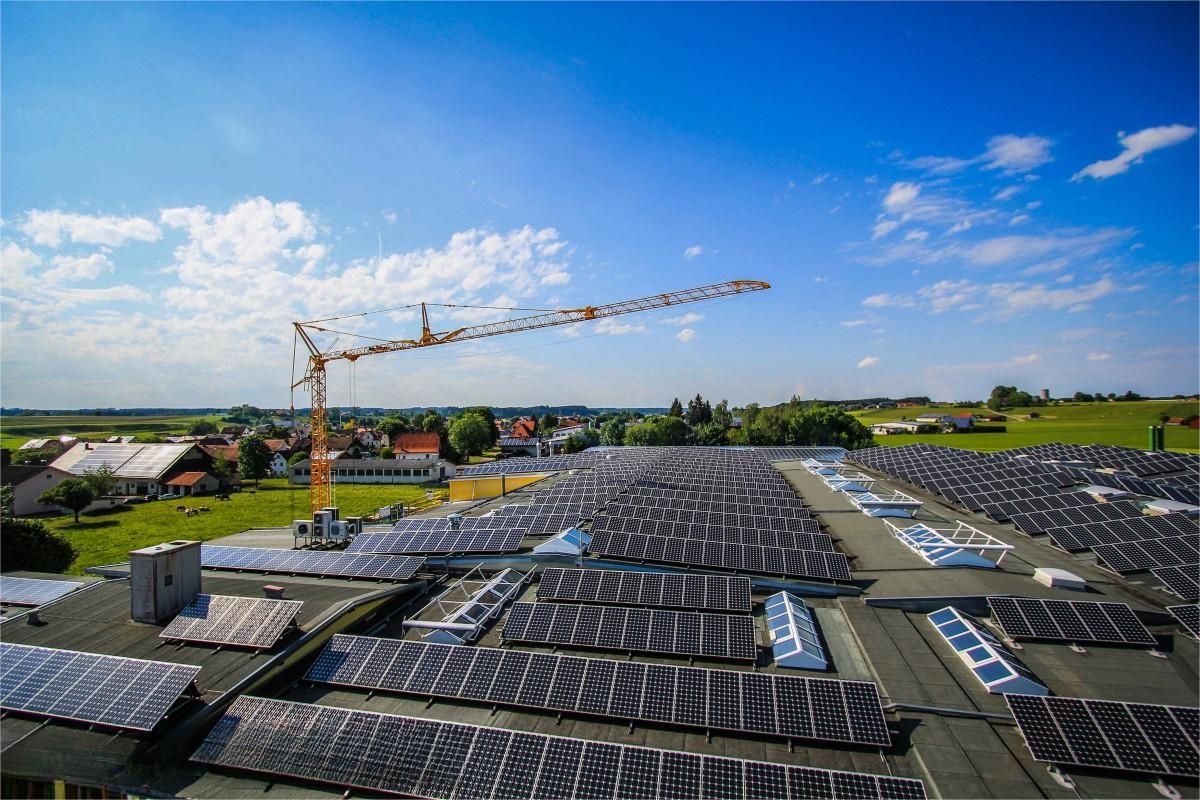Factory Audit;
Goods Inspection;
Third Party Test.
IHS Markit: Global Solar Development Trends in 2022
Jan 28, 2023Recently, in IHS Markit's latest clean technology trend report for 2022, solar energy occupies an important position. Among them, distributed generation in 2022 - which IHS Markit defines as solar systems below 5MW - has reached the expected growth rate of 20%.
While many projects at the utility scale have been delayed or canceled over the past two years, distributed generation has not lost traction. “This difference reflects both the push for distributed generation policies in individual markets, as well as many consumers’ concerns about high electricity prices and climate footprints,” IHS Markit said.
“This difference reflects both favorable distributed generation policies in various markets, as well as concerns among many consumers about high electricity prices and climate footprints,” IHS Markit said.
About 60% of this distributed generation capacity comes from China and Germany – two countries that are aggressively pursuing policies to make distributed generation a core part of their renewable energy goals. Another high-profile distributed generation market is Brazil, where net-metered solar systems installed until 2023 will continue to be exempt from grid charges. Conversely, this segment in the U.S. is likely to shrink significantly this year as net metering policies are rolled back in several state markets.
“Even with higher levels of capex, distributed generation PV systems are still competitive with retail electricity prices in many markets, meaning that the distributed generation segment is less price sensitive than utility-scale photovoltaics,” IHS Markit said. .”
Capex keeps increasing
Capex in 2022 is higher than expected, but a new growth paradigm emerges for renewables. All over the world, renewable energy is already the cheapest new energy, and the cost reduction caused by technological changes and policy promotion will further increase production capacity and reduce prices.
Solar investors expect capital expenditures to continue to decline, but the rate of decline will slow as the technology matures. This, combined with supply chain disruptions and rising shipping and material costs, will lead to higher-than-expected capex for solar projects in 2022.
As the penetration of renewable energy increases, the focus of competition is no longer on cost, but on the value that can be provided to the system. “The predictability of renewable energy development is valued during periods of high market volatility,” IHS Markit said.
Investors are also investing in renewable energy as a way to deliver on climate commitments and de-risk their portfolios. The integration of renewable energy banks and the vigorous development of green finance have reduced the cost of capital for renewable energy projects, according to IHS Markit. Recent fluctuations and spikes in electricity prices have also raised the price of renewable energy capture.
“Such perceived value offset higher-than-expected capex in the industry and supported continued expansion of renewable energy capacity,” IHS Markit said.
Manufacturing closer to the end market
Factors such as supply chain woes, trade barriers and geopolitics continue to drive solar panels manufacturing capacity closer to end users. According to IHS Markit, the tightening of supply chains may continue for some time, but positive changes have already occurred:
The level of polysilicon capacity additions was more positive than expected.
New entrants in silicon wafers will increase capacity and improve price competitiveness.
China's photovoltaic manufacturing industry is no longer constrained by energy intensity and power consumption.
In 2023, India, the US, Europe and Southeast Asia will continue to announce new polysilicon, wafer, cell and solar module capacity as supply chains grow and adapt to the new international trade environment. (This article is compiled from pv-magazine, please indicate the source for reprint)
Contact us: Whatsapp/Wechat---+86 156 9553 1319 / Email: alice@ue-pv.com
